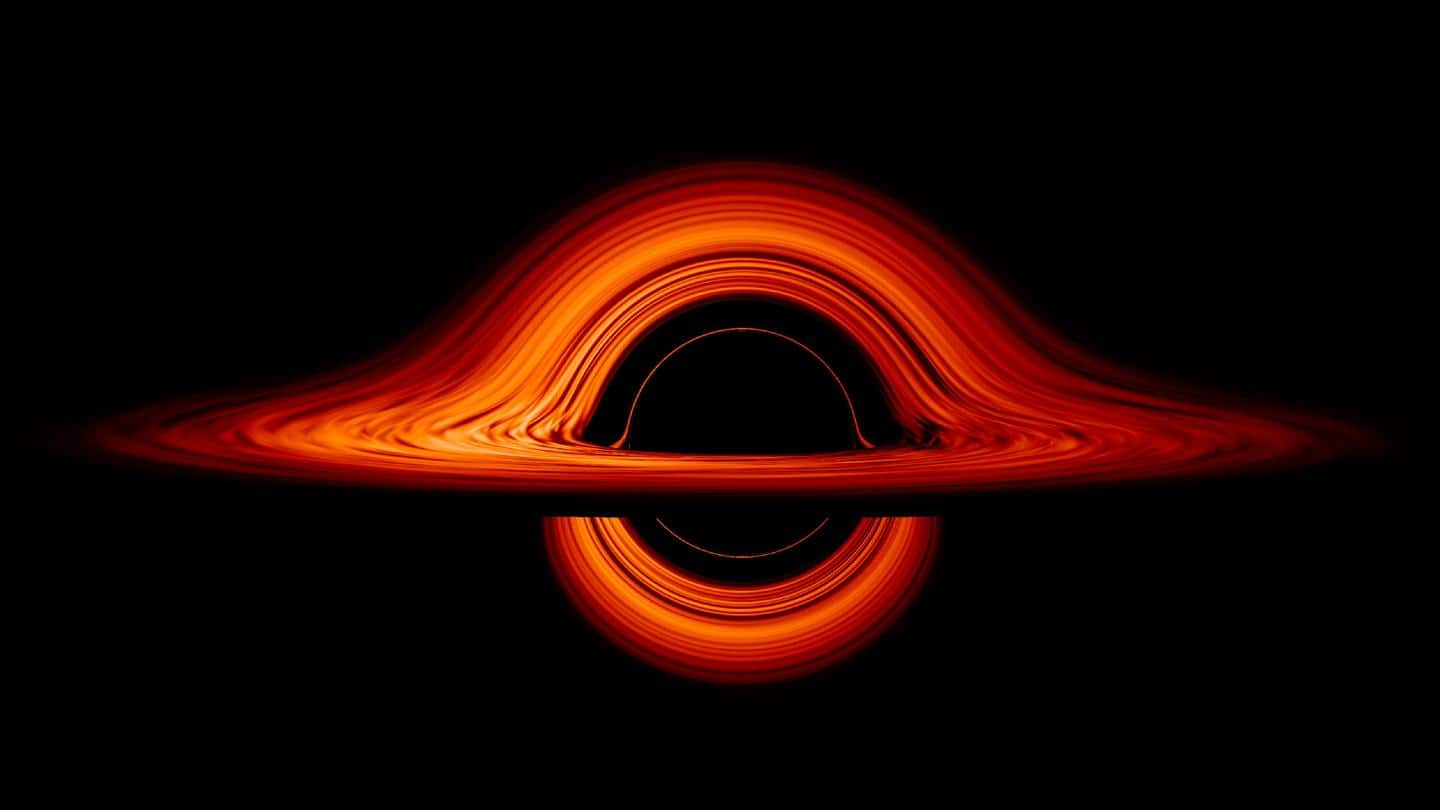
You can now help scientists find black holes. Here's how
What's the story
Black holes have always been a hot topic in astronomical circles because of their enigmatic nature.
Now, a team of researchers from Open University and the University of Southampton is seeking your help to find black holes.
Interested parties can go through graphs of star luminosity, based on the data from the UK's extra-solar planet detection program, SuperWASP.
Let us tell you how.
Context
Why does this story matter?
Research on black holes has been going on for quite a long time and it is only recently that we got an idea about what they look like.
With such a complex scientific endeavor at hand, scientists need all the help they can get to make sense of these cosmic anomalies.
Roping in the public will also raise curiosity and scientific consciousness among them.
Definition
What are black holes?
When stars get old, they become massive and explode. Later, their remains are condensed into a very small area called a black hole.
This anomaly has a huge mass and exerts a tremendous gravitational pull that prevents even light from escaping.
When matter falls into black holes, it does so rapidly and heats up. It also emits X-rays, allowing black holes to be found.
Phenomenon
Black holes can make stars look brighter
Some black holes do not consume matter and there are no emitted X-rays. However, their gravity can bend light from stars, and make the latter look brighter.
The researchers are going through over a decade of data to find stars magnified by the black holes.
The public can also study graphs related to the same and inform the team of any changes.
Quote
'Knowledge of astronomy is not required for the project'
Project co-lead Adam McMaster said, "Finding black holes is a huge task and it's not something we could do alone, so it's great that anyone with access to the Internet will be able to get involved no matter how much they know about Astronomy."
Details
SuperWASP is a ground-based survey program
Super Wide Angle Search for Planets (SuperWASP) is a ground-based exoplanet detection program. It is also aiding in finding evidence for the existence of black holes.
This operation was developed with support from the ESCAPE program. It stands for European Science Cluster of Astronomy & Particle Physics ESFRI.
Those interested in aiding the researchers can head to the Black Hole Hunters project website (https://www.zooniverse.org/projects/hughdickinson/superwasp-black-hole-hunters).
Process
How to work on the website?
On the Black Hole Hunters website, there is a yellow-colored tab with "Find a black hole!" text.
Tap on it and a nine-step tutorial will guide you on how to identify changes in light patterns of stars.
After that, you will be given tasks to which you have to reply yes/no. Finish them and click on "Done." Your data will be saved for review.